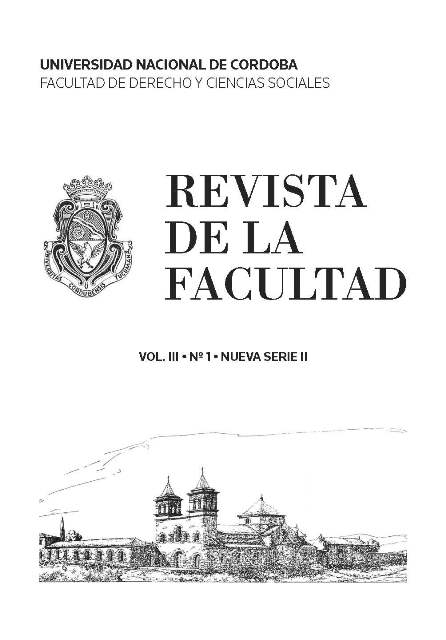Cooperation in conflict situations
Keywords:
conflict, cooperation, interaction, peace, AxelrodAbstract
The conflict is neither positive nor negative, neither constructive nor destructive. It’s the way we face it what will determine which is destructive or productive. Blake and Mouton (1964) show that in human interactions, there are different styles of people in situations of conflict. The analysis in this work focuses on cooperative attitudes towards conflict. To this end, we will refer to cooperation as the style that effectively contributes to social peace by allowing the management and eventual resolution of the conflict in a constructive manner. This mode of reaction that manifests itself in the process through which pass the conflicts of human interaction and is premised on achieving its goal while the other part of that relationship also gets the most from your goal. This is achieved when the parties of social relations, leaving beneficial, based on the idea of cooperation, which would result in all parties make a profit on the initial dispute. The focus on the evolution of cooperation shall be made from the development in game theory in relation to social interaction.Downloads
Download data is not yet available.
Downloads
Published
2012-04-16
How to Cite
Battola, K. E. (2012). Cooperation in conflict situations. Revista De La Facultad De Derecho, 3(1). Retrieved from https://revistas.unc.edu.ar/index.php/refade/article/view/5973
Issue
Section
Doctrine and research
License
La publicación del artículo implica la donación de los derechos de autor a la Facultad de Derecho, conservando el autor su derecho a utilizar el artículo en publicaciones de su autoría o páginas web referidas a su trayectoria. Para el caso de otro tipo de publicaciones, antes de su utilización, deberá obtener autorización de la facultad.


